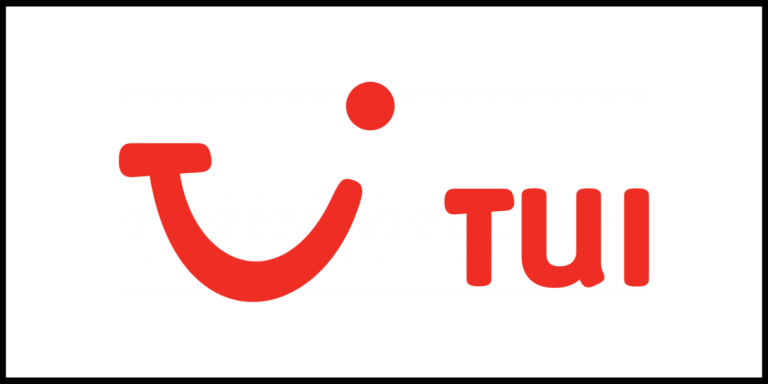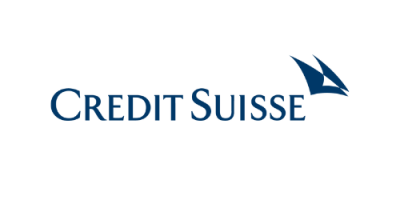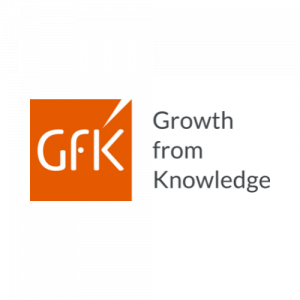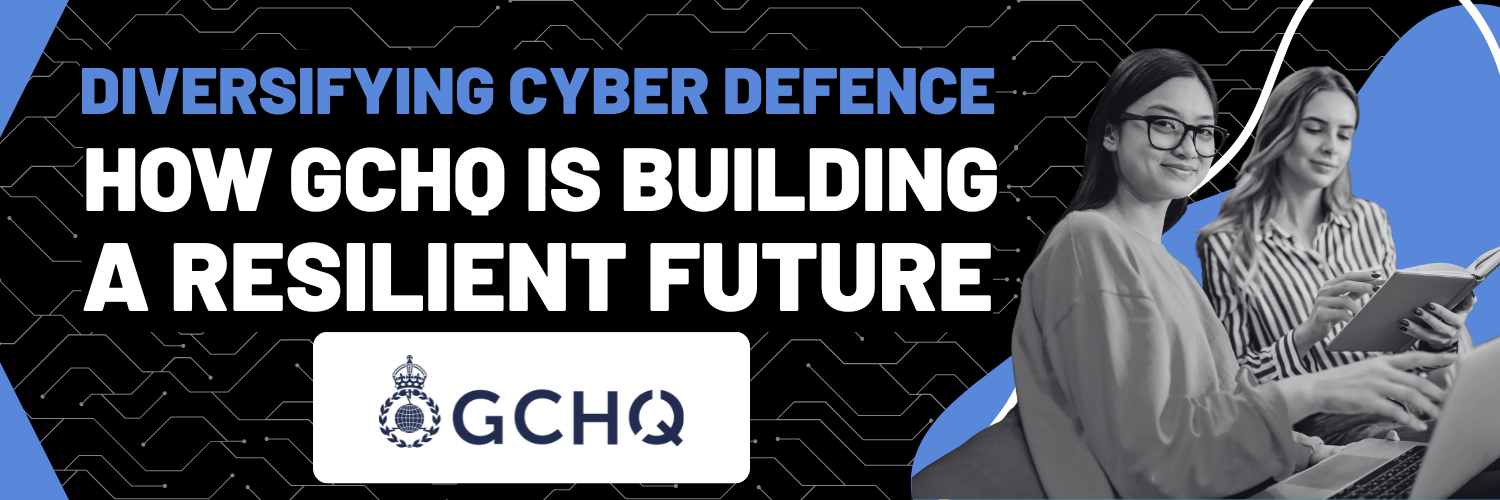
Content Menu
DIVERSIFYING CYBER DEFENCE WITH GCHQ
When most people think about cyber threats, they picture faceless hackers or futuristic technologies. But the reality is simpler and more human. Our greatest strength, and our greatest weakness, is people.
For GCHQ, the UK’s intelligence, security and cyber agency, this is a daily reality. They defend the country against ever-more complex cyber attacks, and know the UK needs the sharpest minds and widest range of perspectives to stay ahead. But here’s the problem: only 25% of the cyber workforce is female. From pay and opportunity gaps to stereotypes and cultural biases, women are often left on the sidelines. As a result, organisations across the UK miss out on the talent and diverse thinking needed to tackle today’s and tomorrow’s cyber threats.
Since 2021, GCHQ has worked with Code First Girls (CFG) to change that story. Together, we’ve delivered over 19,000 learning opportunities for women in tech, many from underrepresented backgrounds. This partnership has been transformational in changing the shape of the UK’s digital defences and creating a more secure nation.
19,000+
women trained in digital skills
69%
are the first generation to attend university
35%
identify as neurodiverse
Scroll 👇 to view the case study.
The Challenge
Cyber threats are evolving faster than ever. AI is accelerating attacks, deepfakes are blurring truth and fiction, and phishing campaigns are harder to spot than ever before. Each year brings new risks that test even the most advanced systems.
And while threats accelerate, the talent pipeline has lagged behind. Cyber remains one of the least diverse parts of the tech sector. Women, especially across intersectional areas such as ethnic minorities, those who identify as neurodiverse, or without traditional university education, are still underrepresented.
The consequences of this are profound. Homogeneous teams are more likely to miss blind spots. They may build systems that work for people like themselves, but fail to anticipate how attackers think, or how different communities are targeted. In cyber defence, those blind spots can become vulnerabilities.
Operating on the front lines of defending national security, GCHQ knows that diversity isn’t a “nice to have.” It’s mission-critical.
The Solution
1. Provide dedicated pathways for women to enter tech
GCHQ recognised that the traditional pathways into cyber weren’t enough to meet the demand. Many roles require candidates to have computer science degrees or years of technical training – a barrier that shuts out countless women who have the potential to thrive.
That’s where CFG came in. Together, we created flexible, inclusive routes into tech that give women the skills, support, and confidence to step into cyber careers.
- Breaking barriers with accessible training. CFG courses are free, flexible, and focused on real-world skills. That means women who may never have considered tech, or could never afford retraining, can take their first step.
- Building confidence with mentorship. GCHQ staff don’t just sponsor the courses; they show up for the students. They mentor, attend project presentations, and run workshops. That hands-on involvement sends a clear signal: you belong here.
- Reaching underrepresented communities. By engaging directly with women from all backgrounds, GCHQ has broadened its reach. Today, 67% of introductory course applicants and 72% of intermediate class applicants come from underrepresented groups.
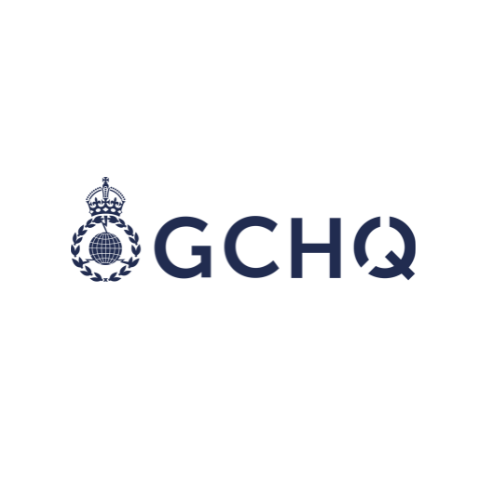
2. Innovation in action: Co-creating the curriculum
This partnership isn’t just about widening access, it’s also about leading innovation. Together, GCHQ and CFG built the first specialist Vulnerability Research (VR) course.
This course equips women with the skills to identify, analyse, and assess weaknesses in software, hardware, and systems. In an industry where attackers are constantly searching for flaws, vulnerability research is one of the most critical skills we need. By designing this curriculum together, CFG and GCHQ have filled a major skills and knowledge gap.
And that’s not all. The partnership has also introduced a Computer Fundamentals class, building strong foundations for women at the start of their tech journey. These programmes are training the talent of today and future-proofing the workforce for tomorrow.
3. Stronger teams, stronger security.
The impact of this partnership isn’t just measured in numbers, but also in stories.
Behind every number is a woman rewriting her future. A graduate who never imagined herself in tech but is now part of cyber defence. A neurodiverse student whose unique way of thinking is exactly what’s needed to outsmart attackers. A first-generation university attendee who proves that talent is everywhere when given the chance.
These stories show what happens when barriers to tech are broken down. Women gain life-changing careers. Organisations gain new perspectives and resilience. And industries gain defenders who reflect the diversity of the communities they serve.

The Results
The future of cyber security isn’t just about technology, it’s about people. The threats of tomorrow demand teams that are adaptable, creative, and diverse. That’s what this partnership has, and continues to build; a further 800+ learning opportunities are being provided to women this year alone.
By joining forces, GCHQ and Code First Girls are reshaping the UK’s tech talent pipeline and showing the wider industry that inclusive education isn’t box ticking – it’s national security.
WHY CHOOSE CODE FIRST GIRLS
Companies around the world trust Code First Girls to:
- Build Mid-Level tech talent pipelines that support women’s career progression in tech
- Provide a comprehensive curriculum that enables women to thrive in mid-level tech roles
- Solve the gender imbalance in your business by sponsoring & hiring women in tech
Why not find out for yourself? Speak to our experts here. 👇











